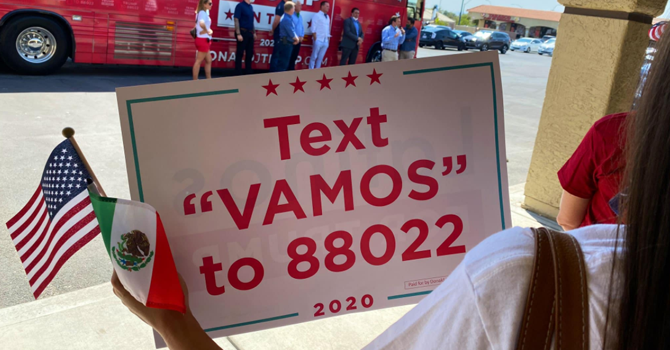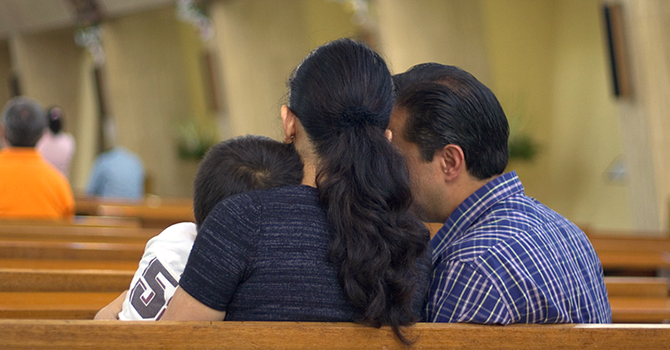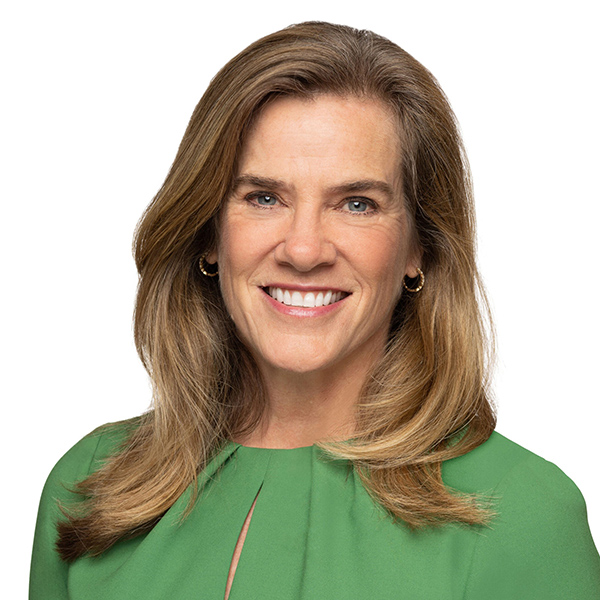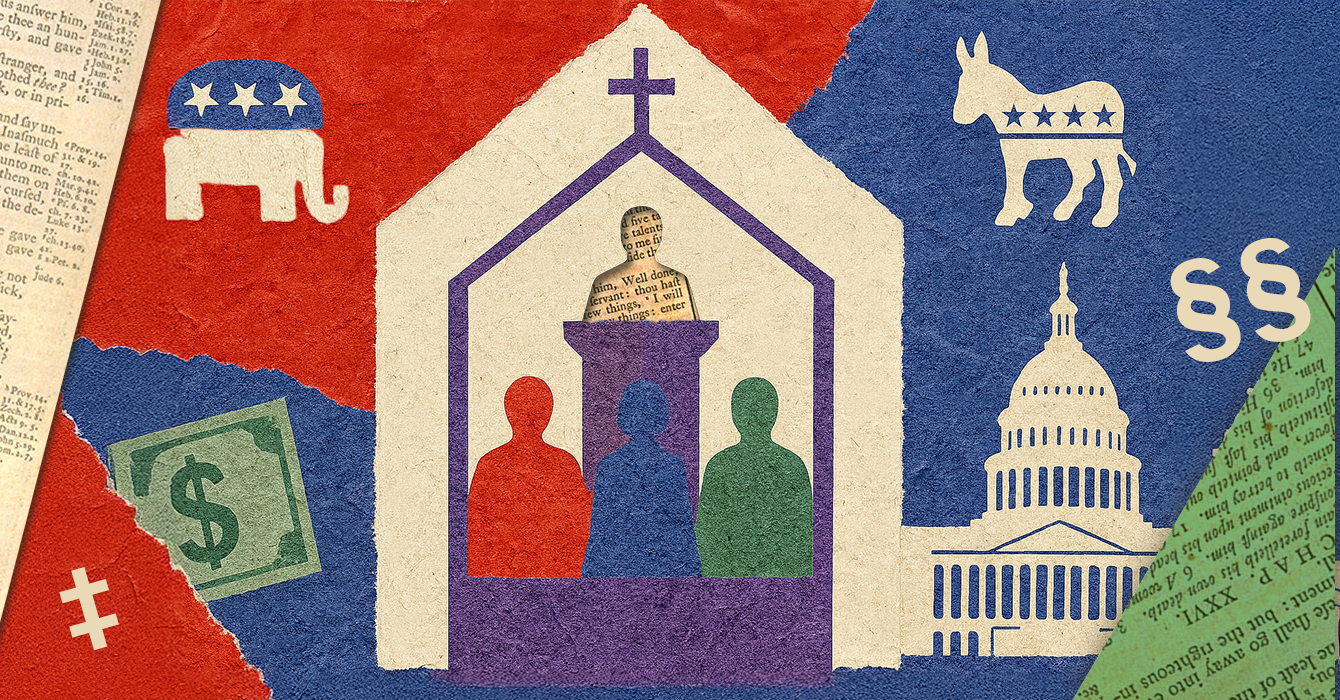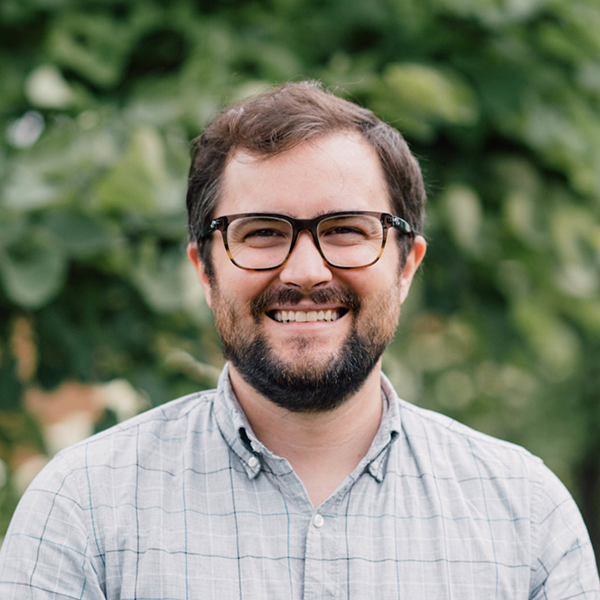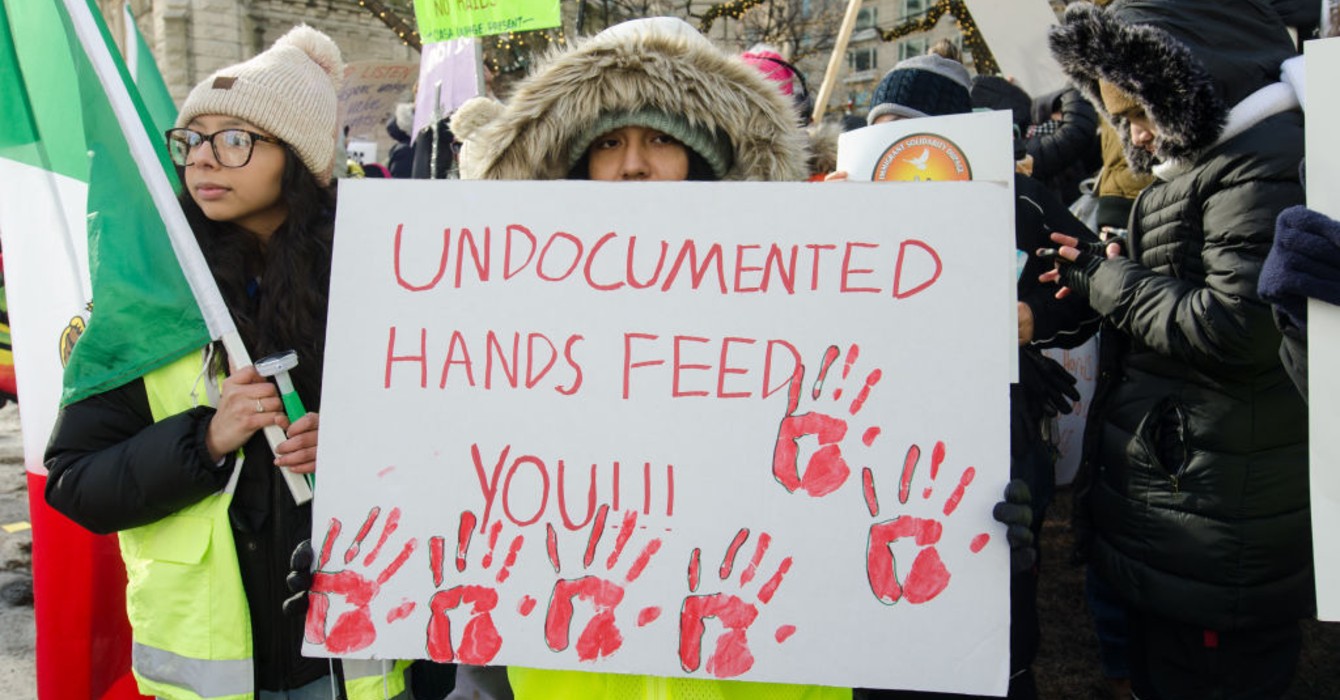A casual observer might conclude that President Donald Trump has used almost every available opportunity to alienate Latinx voters in the United States.
At the outset of his campaign, he referred to Mexicans as rapists and likely drug smugglers -- although he allowed that there could possibly be some “good people” within the mix. Moreover, his fixation on building a continuous wall along the Southern border to stop immigration from Mexico and Central and South America seemed to betray a significant level of disdain for citizens from those countries.
Yet almost one-third of Latinx voters supported Trump in the 2016 election -- consistent with Mitt Romney’s support in 2012.
As we near the 2020 election and the pool of Democratic presidential candidates stretches to include almost two dozen announced contenders, these same Latinx voters hold considerable (and tantalizing) sway as the country’s largest ethnic minority.
While one journalist wonders why Democratic candidates fail to poll at 80% or 90% against Trump among Latinx voters, another has surmised that Latinx voters might actually hold the key to a Trump reelection victory in 2020. How they vote will likely play a significant role in determining the presidency. Yet pundits continue to be flummoxed in trying to explain the contours of the Latinx electorate.
Perhaps the shifting religious identity of the Latinx population in the United States offers at least a partial explanation.
Up until recent years, most Latinx in America identified as Catholic -- but that percentage has declined precipitously, from 65% in 2008 to 48% in 2014. Meanwhile, the percentage who identify as Protestant is expected to increase to half of all Latinx by 2030.
This growing population of Latinx Protestants includes complex identities and diverse political ideologies.
With differences in traditions, source countries and beliefs, Latinx Protestant congregations offer significantly varied perspectives on issues that include poverty, abortion, health care, economic policy and education.
As part of our Latino Protestant Congregations Project (a national multiyear, ethnographic study), we have observed churches with diverse political orientations and interests. Even on the issue of immigration, Latinx Protestant congregations assume varied postures.
At one church, a pastor confided to us that he had recently had a conversation regarding immigration with a number of his congregants:
I said, “Can I ask you all a question? If you don’t want to answer it, that’s fine. What do you guys think we ought to do with the immigration issue?”
And I’m probably going to shock you with what they said, because it shocked me.
Unanimously they said, “We need to close the border.”
I’m not kidding you. I looked around the room and I said, “Wait, now … a lot of you are here because your parents or grandparents came across illegally. And you all want to close the border! Do you see a problem with that?”
They said, “Pastor, we have a problem with it. But we also have this problem: how are we going to keep paying for this?”
Then one of the older guys said, “It hurts me to say that, because I’m second generation. My parents came across illegally, … and now I’m saying we need to close the [border], because how much more can we pay? How much more are they going to raise our taxes?”
On the other hand, when Antonio, a Salvadoran lay pastor of another church we’re studying in Texas, was arrested and detained for over a month at a large immigration center, the congregants sprang into action. Using an enchilada fundraiser to hire a lawyer, they secured Antonio’s release. Later, they also afforded Antonio a platform to share his story, where he humanized his experience as an unauthorized migrant.
Latinx Protestant congregations like Antonio’s frequently become sites of civic activism.
For instance, in a congregation in Fresno, California, the pastor writes letters of recommendation to be used for “deferred action” programs, while the church members raise money for undocumented families who find themselves in financial straits.
In these immigrant-aid efforts, though, the church consciously signals that it remains within the framework of U.S. laws.
When our research team wondered to the pastor about scenarios that would cause him to push boundaries to reunite a family, he resolutely responded, “I don’t work against the laws of the U.S. This is my country, and I respect the law.” Though the individual churches responded differently, for these Latinx Protestant congregations, immigration-related activities occupied a significant portion of their political bandwidth.
In many cases, though, immigration remains a back-burner issue for Latinx Protestant congregations.
Latinx Protestants across the country express diverse interests when explaining their votes.
The Pew Research Center found that for the overall Latinx population in the United States, immigration ranks as only the fifth-most pressing political concern -- behind education, terrorism, the economy and health care.
Moreover, when considering the 2020 election, we should remember that the burgeoning population of Latinx Protestants tends to lean more Republican than Latinx Catholics and unaffiliated. And on an issue-by-issue basis, Latinx evangelicals demonstrate more-conservative political opinions than Latinx Catholics and unaffiliated.
The significant complexity within Latinx Protestant beliefs and engagement subverts broad assumptions and overgeneralizations as the campaign machinery gears up for the 2020 election.




